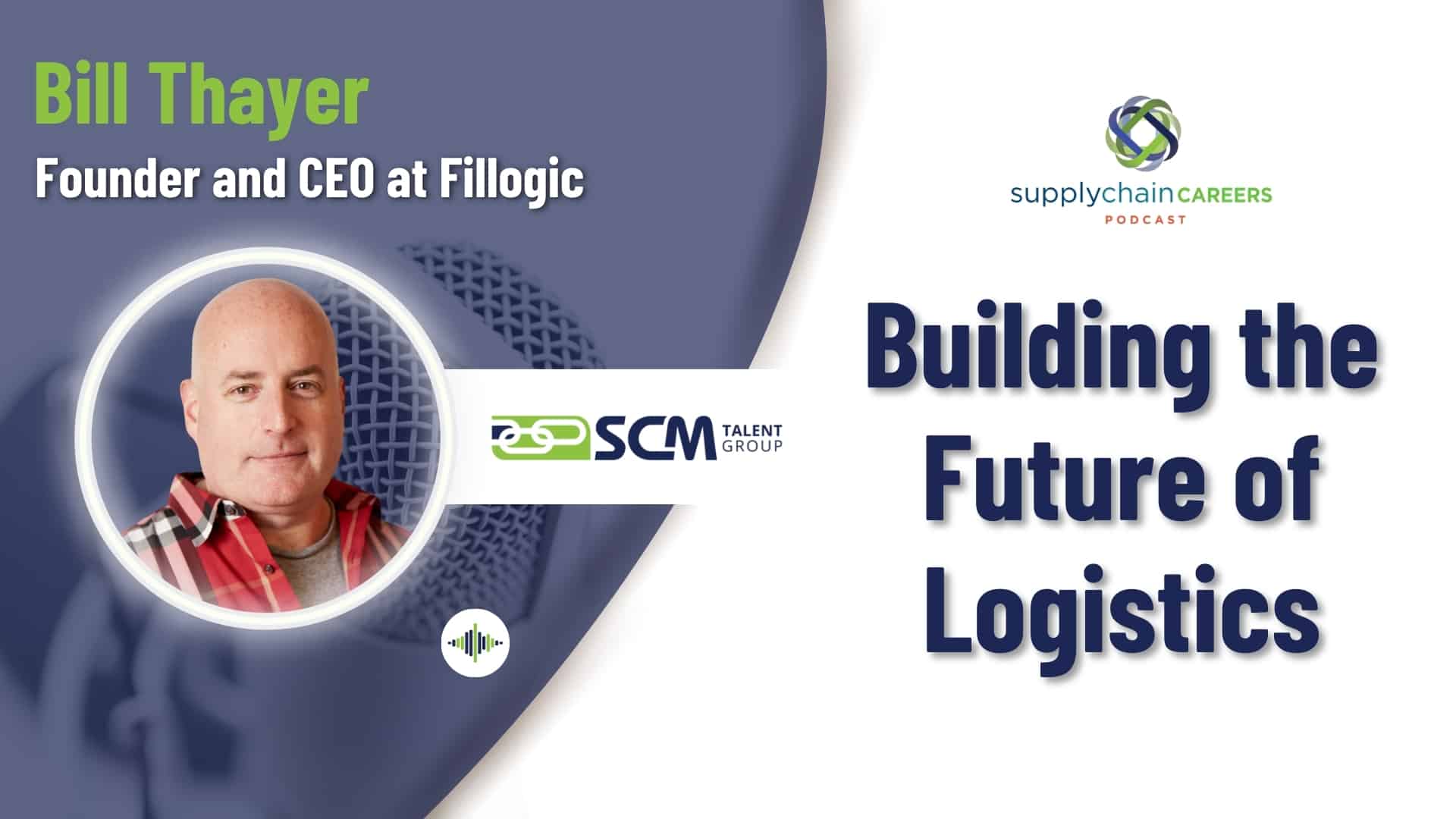Category: Building High Performing Teams
Market Pressures Slowing Hiring and Adjusting Supply Chain Career Paths
Discover the power of an agile supply chain: adapt quickly to consumer demands and stay ahead of the competition.
Agile Supply Chain Explained
Discover the power of an agile supply chain: adapt quickly to consumer demands and stay ahead of the competition.
Supply Chain Salary Insights | High Paying Supply Chain Jobs
Introduction As the markets shift and evolve, compensation for various jobs shift as well. The average supply chain salary has increased substantially in the last 10 years. Supply chain emerged as one of the more lucrative and rapidly advancing career fields, especially for early and mid career professionals. As businesses increasingly recognize the importance of efficient supply chains in achieving competitive advantage, the demand for skilled professionals in this field has surged. High-paying jobs for supply chain professionals not only offer lucrative salaries but also present opportunities for significant career growth and impact. This article explores some of the [...]
Developing Future Leaders | Best Practices & Challenges
Developing future leaders can be difficult. Learn these best practices for leadership development and how to identify potential leaders.
Humanitarian Logistics Jobs On the Rise for Supply Chain Pros
Introduction Humanitarian logistics jobs have been on the rise with the increase in global conflict and climate related crises. As Europe and the Middle East continue to be war torn, essential infrastructure is destroyed and requires urgent recovery materials and personnel. Large scale relief efforts require a lot of different skill sets and the ability to manage public and private sector vendor relationships. It requires a willingness to go above and beyond normal supply chain management, operations, and logistics and to leave one’s comfort zone. If you have logistics experience and a strong desire to help out others, you [...]
Innovative Employee Retention Strategies Include 4 Day Work Week
Introduction Competition for top tier talent continues to be an issue, especially in supply chain. Employers are striving for balance between attracting the best talent and using innovative employee retention strategies to fill out their org charts. Things like employee engagement are increased while employee turnover is reduced with these work-life balance and employee retention strategies. Since the world was turned upside down in 2020 with a Pandemic, there has been a back and forth between employee and an employer driven work world. In 2020, the pendulum started out in favor of employees as fully remote workplaces evolved out [...]
Key Supply Chain Career Trends: 100th Episode Special
Supply chain career trends unveiled: Discover how AI, the gig economy, and soft skills shape the future of supply chain professionals.
Future of Logistics: Exploring Insights & Innovation
Discover the future of logistics and how technology, sustainability, and human collaboration are shaping a responsive industry.
The Rise of Fractional Supply Chain Executives – with Dan Marous, Interim/Fractional CSCO & COO
Explore the rise of fractional supply chain executives and their impact on the future of supply chain management & employment.
Price Bumps Turn to Brand Marketing for CPG Companies
Introduction Economic levers being pulled by manufacturing companies in 2024 involve marketing and volume plays. Companies don’t have the power to push prices like they did in 2020 and later. Those margins are now fixed. Unlike a lot of the tech world, Consumer Packaged Goods (CPG) companies don’t have the option really to reduce labor costs in any meaningful way to recoup margins without also compromising production. They have hence turned to investing these price hike profits in marketing to increase brand awareness. Supply chain pressures easing have allowed a lot more flexibility in how these organizations use their [...]









